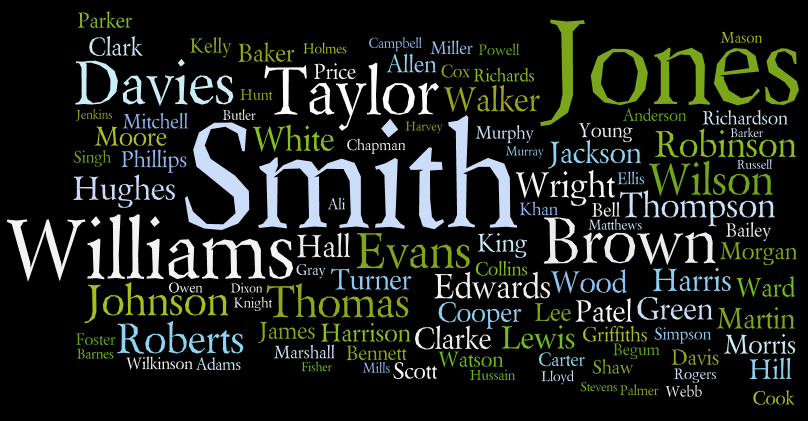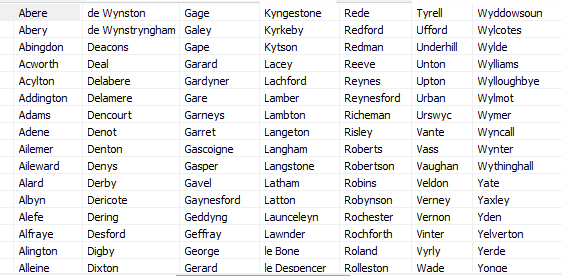
English last names have a rich history and cultural significance. Many of these surnames have been passed down from generation to generation and have evolved over time. They can be a source of pride and identity for many people, and they often reflect the family's history and background. In this article, we'll take a closer look at some of the most classic English last names and their origins.
The Origins of English Last Names

English last names can have a variety of origins, including occupation, location, and personal characteristics. Many of these surnames date back to the medieval period, when surnames were first introduced in England. During this time, people needed a way to distinguish between individuals with the same first name, so surnames were adopted.
Occupational surnames are some of the most common in England. These surnames are based on the person's profession or trade. For example, the surname Smith comes from the Old English word "smitan," which means "to strike or hit." This surname was given to people who worked as blacksmiths or metalworkers.
Location-based surnames are also common in England. These surnames are based on the person's place of origin or residence. For example, the surname London comes from the city of London. Similarly, the surname York comes from the city of York.
Personal characteristic surnames are based on the person's physical or personality traits. For example, the surname Brown comes from the Old English word "brun," which means "brown" or "dark." This surname was given to people with brown hair or dark skin.
Classic English Last Names

Here are some of the most classic English last names and their meanings:
Smith

The surname Smith is one of the most common in England. It comes from the Old English word "smitan," which means "to strike or hit." This surname was given to people who worked as blacksmiths or metalworkers.
Johnson

The surname Johnson is a patronymic surname, which means it is based on the person's father's first name. The name John comes from the Hebrew name Yochanan, which means "God is gracious."
Williams

The surname Williams is another patronymic surname. It comes from the given name William, which means "resolute protector." It was a popular name among the Norman conquerors of England in the 11th century.
Brown

The surname Brown comes from the Old English word "brun," which means "brown" or "dark." This surname was given to people with brown hair or dark skin.
Taylor

The surname Taylor comes from the Old French word "tailleur," which means "cutter." This surname was given to people who worked as tailors or clothing makers.
Conclusion
English last names are an important part of the country's history and culture. They reflect the diversity of the population and the various occupations, locations, and personal characteristics of the people who have lived there over the centuries. Whether you have a classic English last name or not, it's fascinating to explore the origins of these surnames and learn more about the people who carried them.